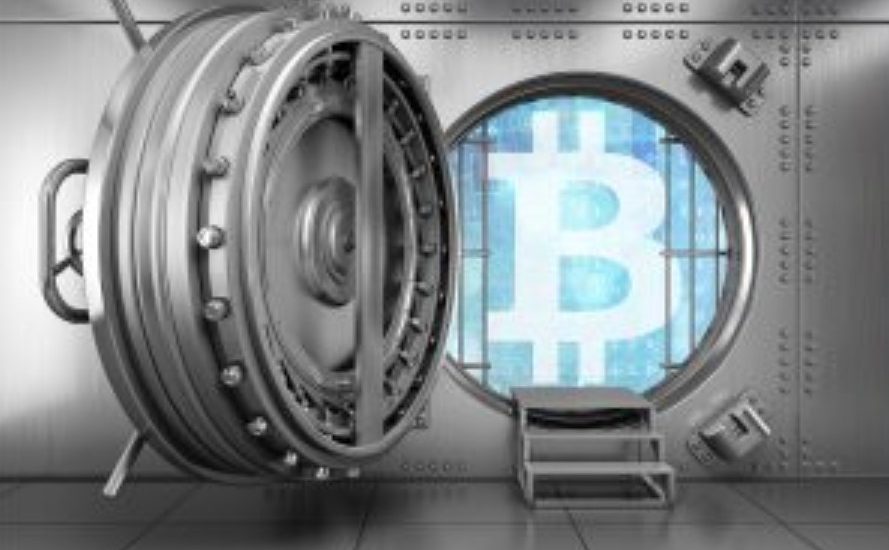Cryptocurrency security continues to be one of the top priorities for people using them as a store hold of wealth or simply as a medium of exchange. Numerous thefts and hacks had uncovered the fact that cryptocurrencies are not only vulnerable to COVID-19 uncertainty but at the same time, their digital nature generates several flaws that must be dealt with. In case you don’t already know how to keep crypto safe, here are some of the most common ways to do it.
# Use multiple layers of security
A simple password is not enough to prevent hackers from breaching your accounts. Malware had evolved tremendously and now using multiple layers of security is a must. Multiple options are available, starting with the traditional SMS authentication, to Google Authenticator, or biometric solutions like fingerprint or retina scan. From a security level, biometric options continue to be the most reliable, although Google Authenticator is not a bad option either. When it comes to SMS authentication, though, hackers had proven to be able to bypass this solution, which makes it a less suitable choice.
# Combine hot and cold storage
In one of our previous articles, we’ve put cold and hot storage head to head, to show you when it’s most appropriate to use them. For those holding decent amounts of tokens, using a combination of both is the best thing to do. Now that affordable hardware wallets like Trezor, Ledger Nano S, and KeepKey are available, there’s no point in storing cryptocurrencies in hot wallets, which involve a third party. To be in full control over your funds, consider investing in a hardware wallet, in case you haven’t done it already. Exchanges and wallet operators had increased their security standards, but extra attention from your side won’t do any harm.
# Keep critical data away from other people
It does not matter whether you have Bitcoin, Ether, Litecoin, or any other altcoin. Bragging about it won’t increase the portfolio value. Unless it is about some individuals you highly trust, nobody should be able to access your private keys. As long as few people know about your holdings, the less likely is that some of your close relatives will make any mistake. Unfortunately, few people are aware of the dangers of the internet. You must do things differently and take all the above-mentioned steps so your cryptocurrencies will be safe at any point, regardless of what happens with the exchange platform you’ve dealt with, or your wallet provider.



